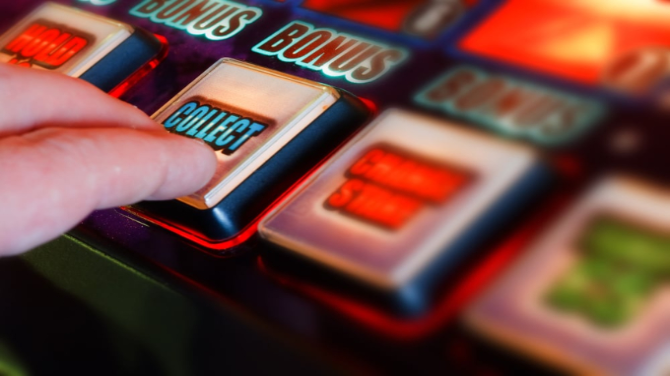Recognizing Signs of Problem Gambling
How To
06 April 2022
Gambling can be an enjoyable and exciting pastime, but for some individuals, it can develop into a serious problem that impacts various aspects of their lives. Recognizing the signs of problem gambling early on is crucial for maintaining control and seeking help if needed. Here are the key signs to watch for.
1. Financial Difficulties Due to Gambling
One of the most obvious signs of problem gambling is financial strain. Gambling losses can quickly accumulate, leading to financial stress and potentially severe consequences.
- Borrowing money frequently: Repeatedly borrowing money from friends, family, or financial institutions to gamble or pay bills.
- Selling possessions: Selling personal items to fund gambling habits.
- Unpaid bills and debts: Prioritizing gambling over essential payments, resulting in outstanding bills or overdue debt.
2. Neglecting Responsibilities
Problem gambling often leads to neglect of responsibilities at work, home, or school. It can overshadow essential duties and strain relationships.
- Declining performance at work or school: Missing workdays, declining productivity, or neglecting assignments due to time spent gambling.
- Ignoring family obligations: Choosing gambling over family events, social gatherings, or other responsibilities.
- Loss of interest in other activities: Becoming less interested in hobbies and pastimes previously enjoyed due to a preoccupation with gambling.
3. Increased Secrecy and Isolation
People struggling with gambling issues often hide their habits and isolate themselves from others to avoid judgment or confrontation.
- Secretive behavior: Being evasive or secretive about where money is going or where time is being spent.
- Isolation from friends and family: Spending less time with loved ones to avoid questions about gambling habits.
- Defensiveness: Reacting defensively or dismissively when asked about gambling.
4. Emotional and Behavioral Changes
Gambling problems can lead to mood swings and changes in behavior, often associated with the highs and lows of winning and losing.
- Irritability or frustration: Feeling agitated when not gambling or if something interferes with gambling plans.
- Mood swings: Extreme emotional changes related to wins and losses, such as feeling euphoric after a win and deeply upset after a loss.
- Increased risk-taking: Placing higher bets or taking bigger risks to regain losses or recapture excitement.
5. Chasing Losses
Chasing losses is a common behavior in problem gambling, where individuals attempt to win back lost money, often leading to larger losses.
- Refusal to walk away: Continuing to play despite consecutive losses with the hope of recovering them.
- Increased bets: Raising stakes to try and win back previously lost money.
- Justifying losses: Rationalizing losses by thinking, “It’ll all turn around with the next win.”
6. Loss of Control
A lack of control over gambling habits, despite negative consequences, is a significant warning sign of problem gambling.
- Failed attempts to stop: Repeatedly trying to cut back or quit gambling without success.
- Gambling beyond limits: Spending more time and money than initially planned.
- Feelings of guilt or regret: Experiencing guilt, regret, or remorse after gambling but continuing the behavior.
At Fair Casino Rank, we believe that recognizing the signs of problem gambling is a crucial step toward responsible play. If you or someone you know exhibits any of these warning signs, seeking support is the best path forward. Remember, the primary goal of gambling should be enjoyment and entertainment. Taking proactive steps, like setting limits and accessing available resources, ensures that gambling remains a positive part of life.













